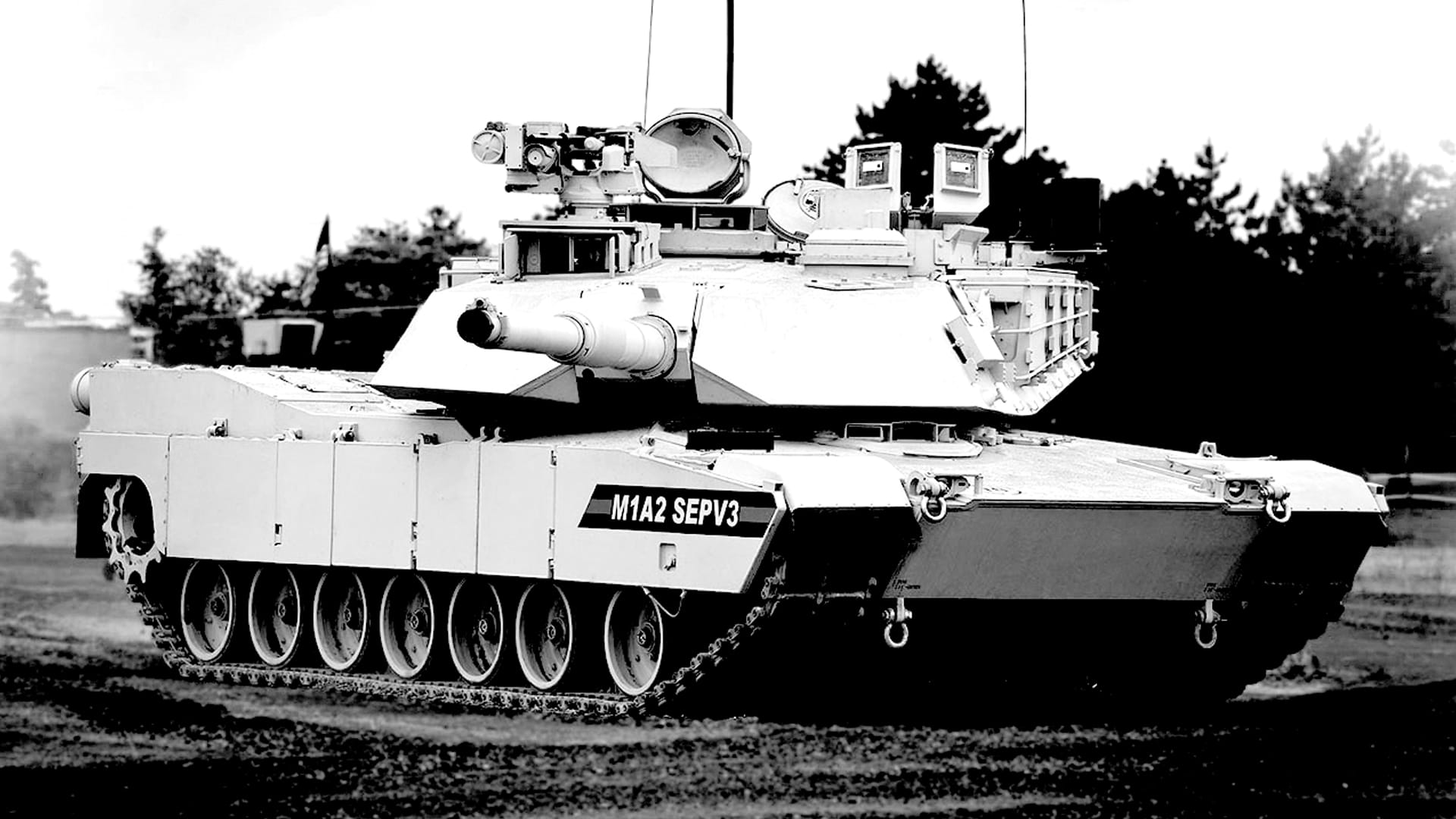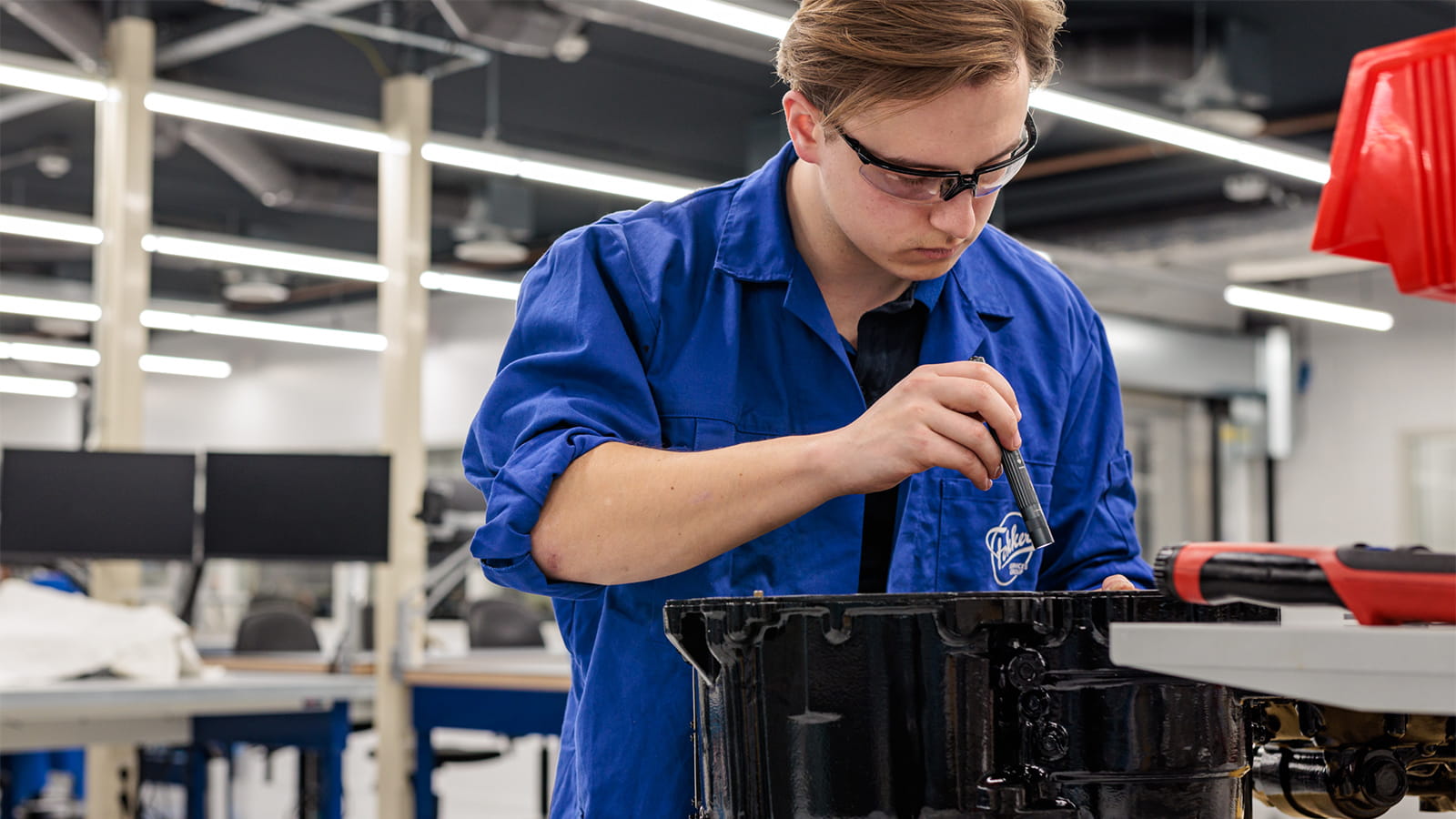Collins Aerospace is preparing for the future of electric combat vehicles
Thirty years ago, it was hard to imagine that cars of the future would be plugged in rather than filled up, and their belts, chains and mechanical power would be replaced with electric motors and power electronics. So what if 30 years from now military combat vehicles become fully electric – sort of like 60-ton armored Teslas or Priuses with a main gun? With the need for more onboard power, as well as a heightened focus on sustainability in every industry, that future could become reality and defense contractors need to be preparing now for a dramatic shift.
With decades of experience as the world leader in providing electric power generation/management solutions to the aerospace industry, Collins Aerospace is bringing that expertise to ground vehicles to improve operational excellence and help warfighters achieve mission success – not only now, but decades down the road.
Proven experience electrifying ground vehicles
The 40-year-old U.S. Army’s Abrams Main Battle Tank has been systematically upgraded with advanced systems – such as remote operated weapons, active/passive protection and tactical data networking capabilities – that have also increased the demand for more onboard power. Collins Aerospace has taken its expertise in power density to a new level by supplying a modernized 28VDC 1000-amp main electrical power generator to Abrams. Not only did Collins design a new generator that provides 60 percent more power, it also fits in the same space as the legacy system without requiring major changes to the vehicle or its existing electric systems architecture.
“The upgraded generator enables the vehicle to operate longer, with minimal maintenance, and increases its mobility and survivability – a force multiplier when it comes to ground combat,” said Dave McClure, vice president and general manager of ISR and Space Solutions for Collins Aerospace. “Investment programs such as these are positioning Collins to better support the next generation of combat vehicles.”
Standing ready to support the Optionally Manned Fighting Vehicle program
Today, Collins is preparing to help advance the Army’s Optionally Manned Fighting Vehicle (OMFV) program via high voltage architecture and the associated components. As the next big program for combat vehicles, the OMFV program is currently being pursued by five original equipment manufacturers. Providing high voltage on combat vehicles is a complicated and dangerous endeavor, and Collins stands ready to leverage its extensive experience with high voltage power for aircraft to the team that will develop tomorrow’s OMFV.
“Because of our aerospace heritage, we’re comfortable solving complex problems such as high power density in a small package,” McClure said. “Whatever platform is chosen for OMFV, we can bring our proven experience to develop a rugged generator and power management system. We want to be our customers’ first thought when it comes to electric power generation and management…period!”



